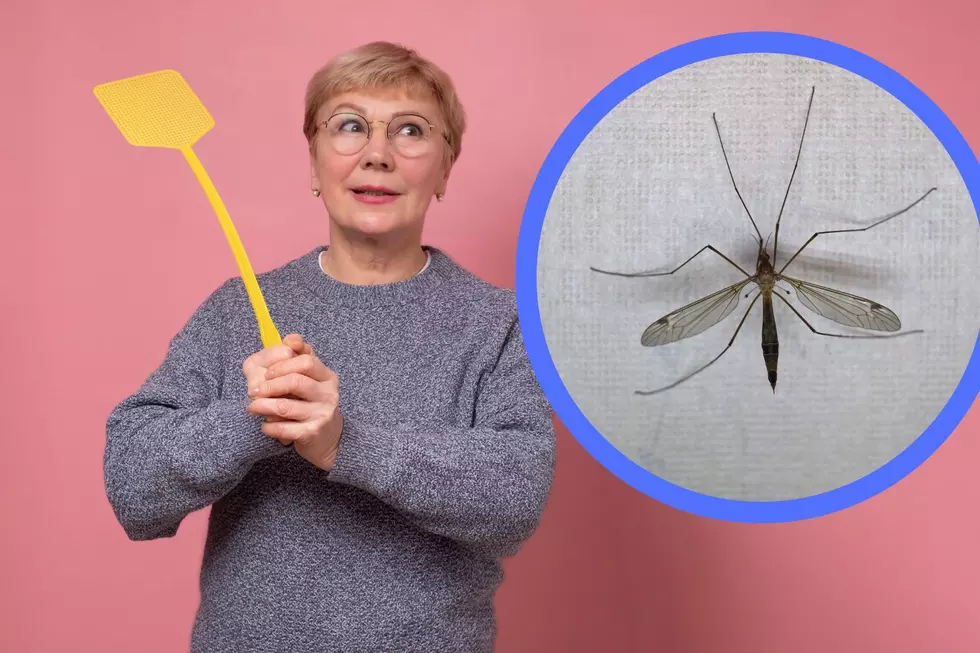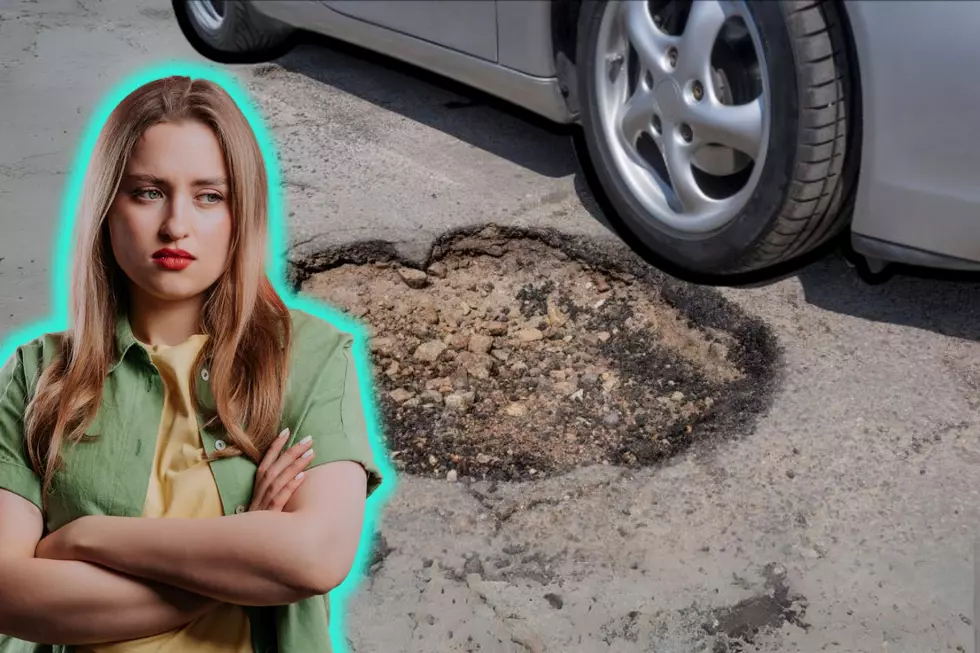
‘Zombie Deer Disease’ Found in Minnesota May Pose a Risk to People
I have two young kids who are constantly bringing germs home from school. We're always on guard, trying to steer clear of any bugs that could mess up our routine. Right now, there's a super contagious virus going around in Minnesota and most of the country, so wash your hands frequently.
Washing your hands is the best way to avoid illness this time of year and we all have our home remedies to treat sickness when it strikes. But what do you do when something new pops on the radar? The CDC is now saying 'Zombie Deer Disease' could make us sick. Read more from the health experts below.

What Is Zombie Deer Disease?
Zombie Deer Disease is also known as Chronic Wasting Disease. It's a condition that affects deer, elk, and moose. The disease attacks their brain causing a decline in motor skills, changes in behavior, excessive drooling, and, ultimately, leading to death.
The disease has been found in 31 states including Minnesota, Wisconsin, and Iowa and the CDC says it could pose a threat to humans.
Can Humans Catch Chronic Wasting Disease?
As of now, there haven't been any instances of zombie deer disease affecting humans. However, research from the CDC suggests a potential risk.
Research is ongoing and experts say, "there is no strong evidence for the occurrence of CWD in people." As of now, it's not known if people can catch CWD. The CDC says if there is potential for humans to become sick it would most likely come from eating infected deer and elk.
In areas where CWD is known to be present, the CDC recommends that hunters strongly consider having those animals tested before eating the meat.
Animals that test positive should not be eaten.
HEALTH NEWS: HIGHLY CONTAGIOUS STOMACH VIRUS SURGING IN MINNESOTA, IOWA, WISCONSIN
Highest-paying jobs in Minnesota that don't require a college degree
Gallery Credit: Stacker
More From KROC-AM










